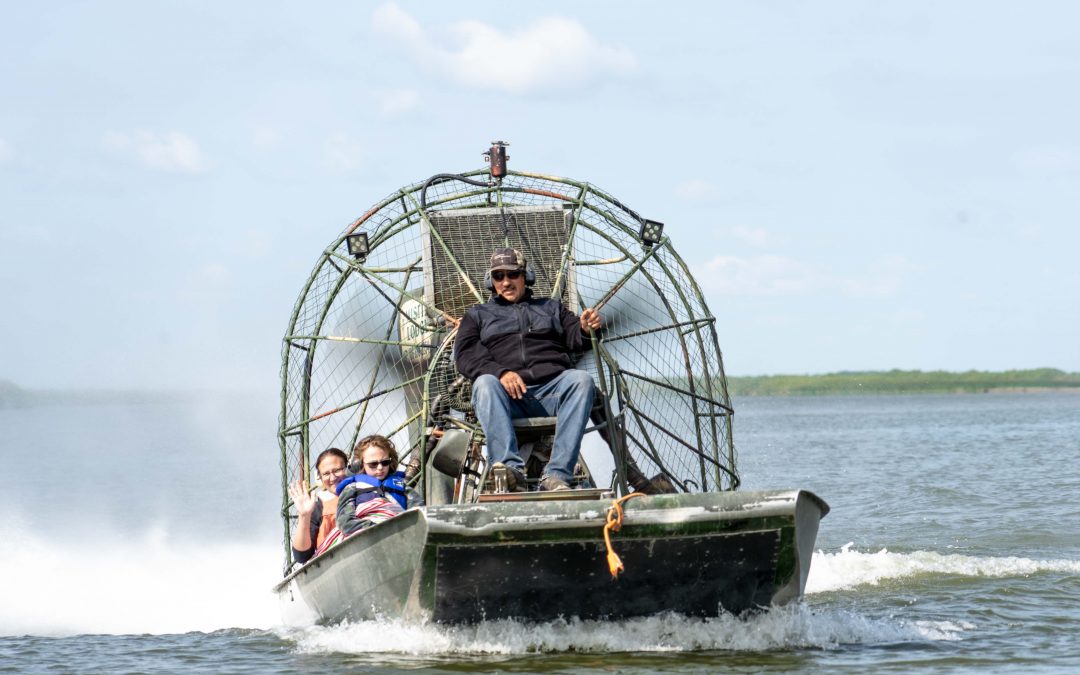A project that will assess sediment in the Saskatchewan River Delta at Cumberland House is receiving funding from the University of Saskatchewan led Global Water Futures.
“We need more than just water” is one of six projects that have been launched across the country to address water quality issues for Indigenous communities.
The project is co-led by Gary Carriere, president of the Cumberland House Fishermen’s Co-operative and Tim Jardine, U of S associate professor of aquatic toxicology.
“We are getting approximately $200,000 for this project,” Carriere says. “We need to look out for our future like our grandchildren and great-grandchildren and the people that will use the same resource that we need.”
Carriere adds one of the goals of the project is to determine if it is feasible to restore sediment downstream of a dam as part of the freshwater delta ecosystem.
“Within the community, a sense of empowerment around planning will be built, allowing community leaders to guide the process from start to finish,” Jardine and Carriere say in their research proposal.
Communities involved include the Cumberland House Cree Nation, Métis Local #42 and the northern Saskatchewan Village of Cumberland House.
“Indigenous communities are often the most affected by water quality issues,” Dr. Deborah McGregor, member of the GWF Indigenous Advisory Panel, Canada Research Chair in Indigenous Environmental Justice, and associate professor at York University says in a released statement. “Through these co-led and co-created projects across Canada, Global Water Futures and our friends and partners in Indigenous communities are making a tremendous step towards solving challenges that affect all of us.”
A total of $1.63 million is going towards the six new projects.
“We are seeing profound changes to our river basins that affect us all, but no one in Canada is more affected by these changes than those in Indigenous communities,” Dr. John Pomeroy, Canada Research Chair in Water Resources and Climate Change and director of GWF, says in the same statement. “Through these co-created and co-led projects, we are working with our Indigenous partners in an unprecedented way to work together to co-develop solutions for critical community water security challenges, while trying to decolonize water science. Our shared goal is to create an ongoing dialogue and framework that will use both western science and traditional Indigenous knowledge to solve these water issues.”
(PHOTO: Gary Carriere (boat driver) of the Cumberland House Fishermen’s Co-operative and University of Saskatchewan assistant professor Lori Bradford (passenger) examine water and sediment levels on the Cumberland House Delta. Photo courtesy Graham Strickert.)
